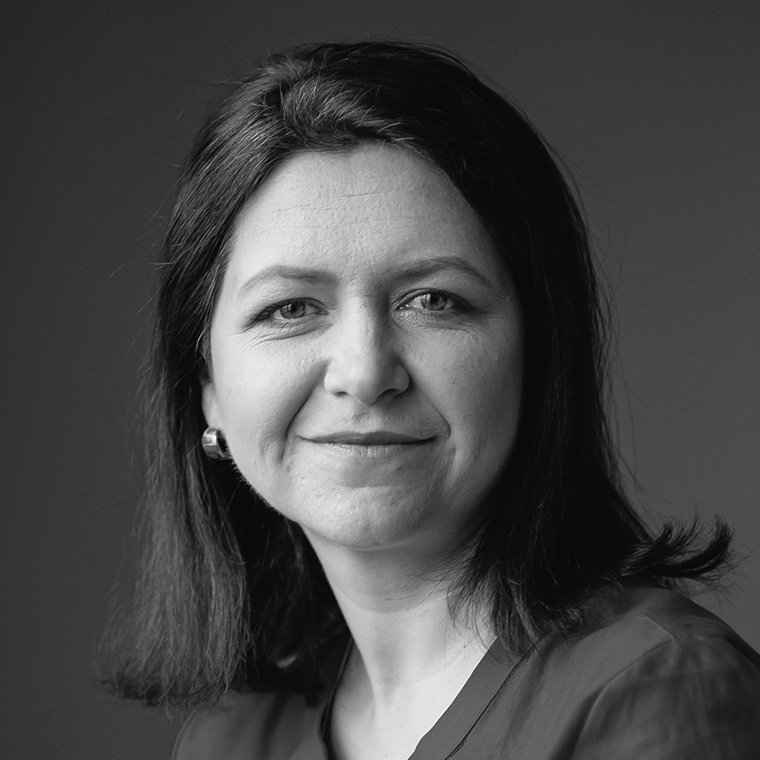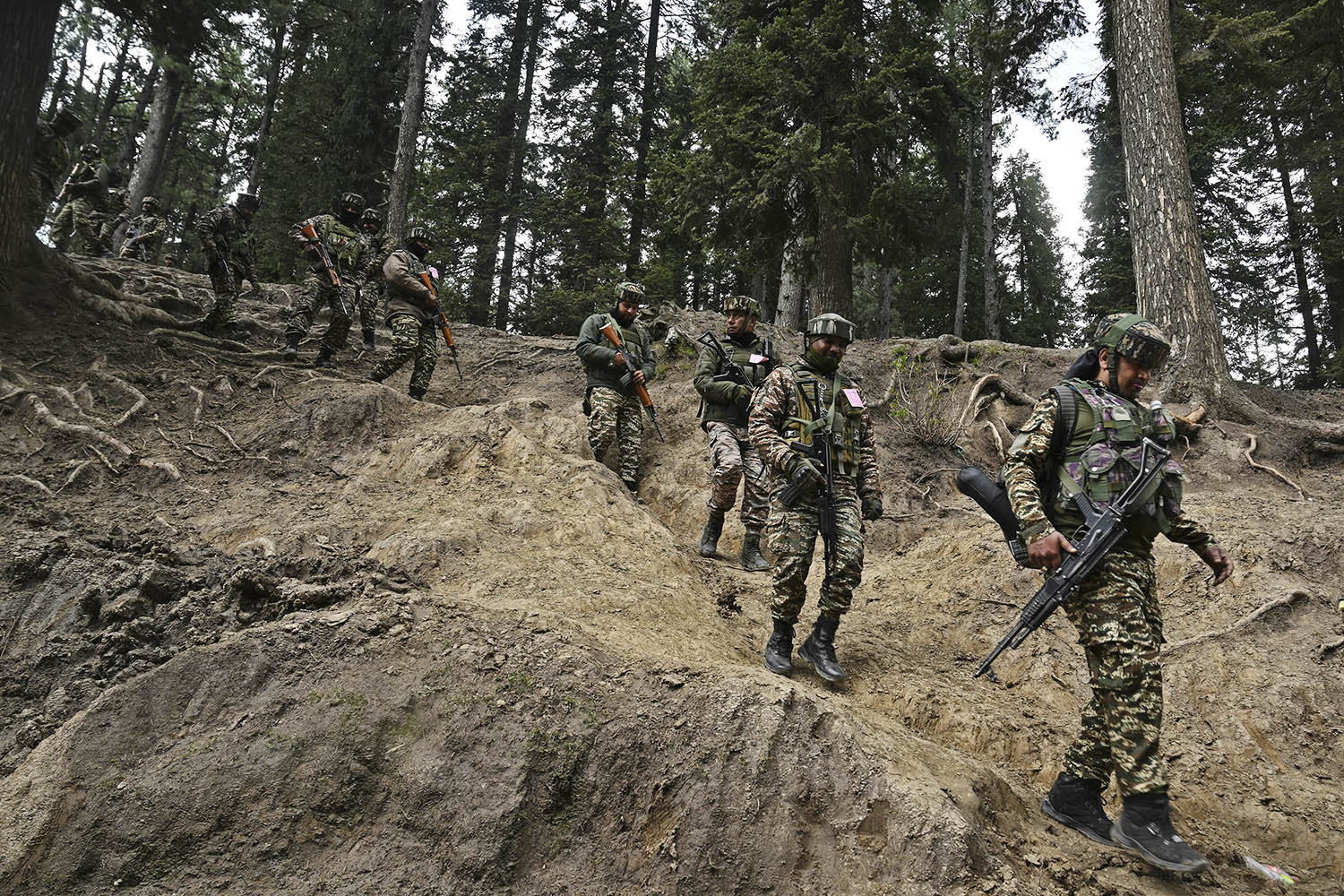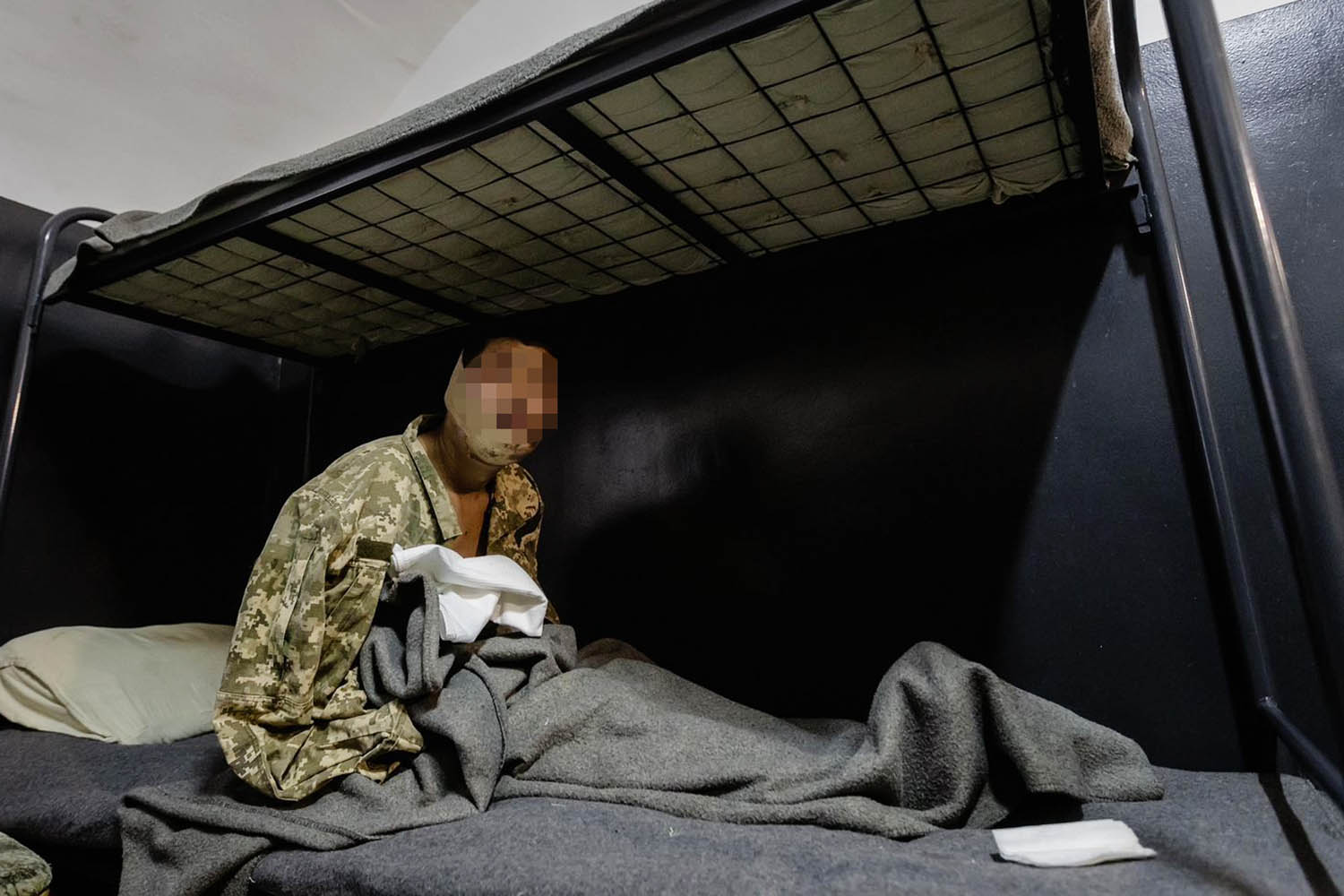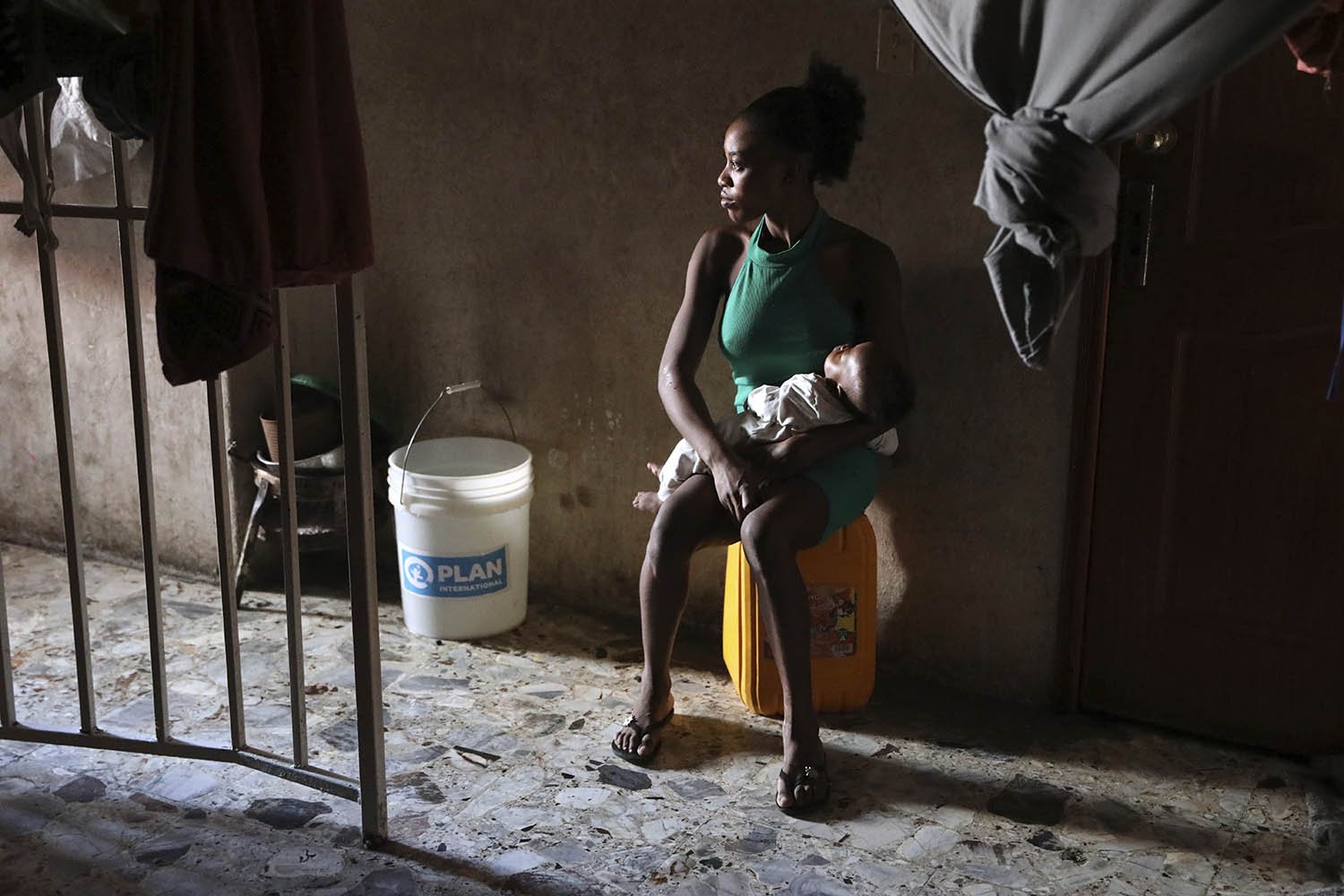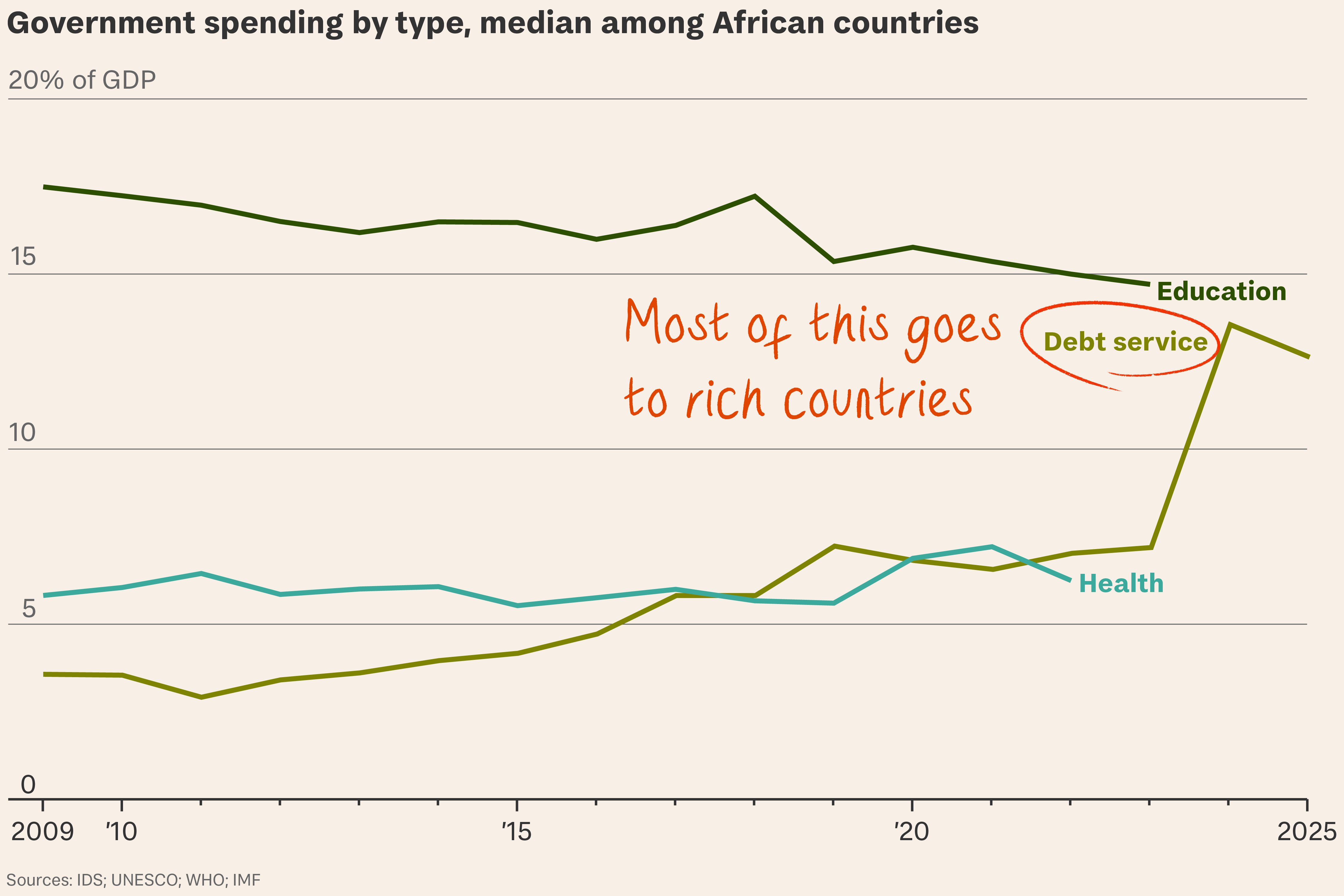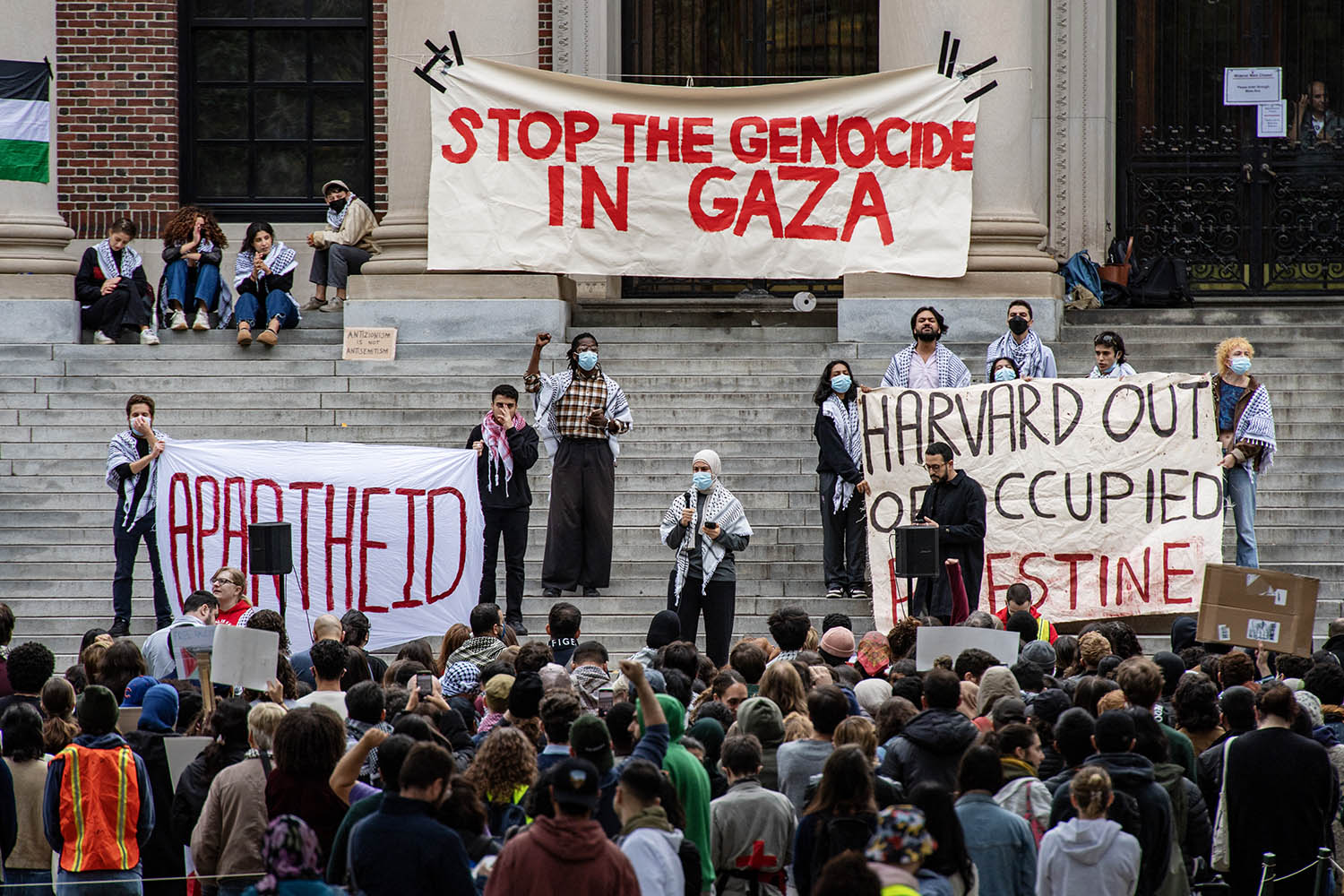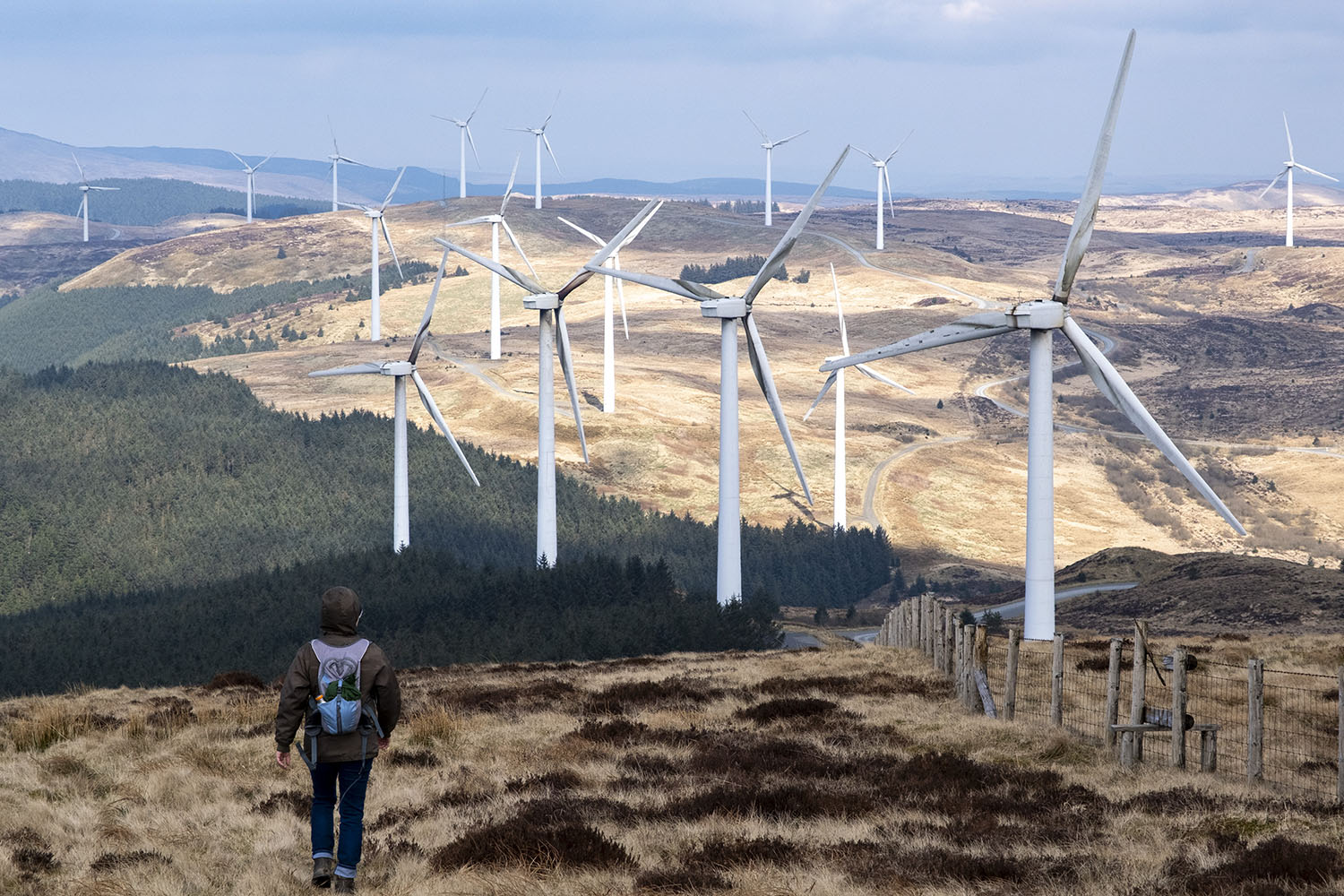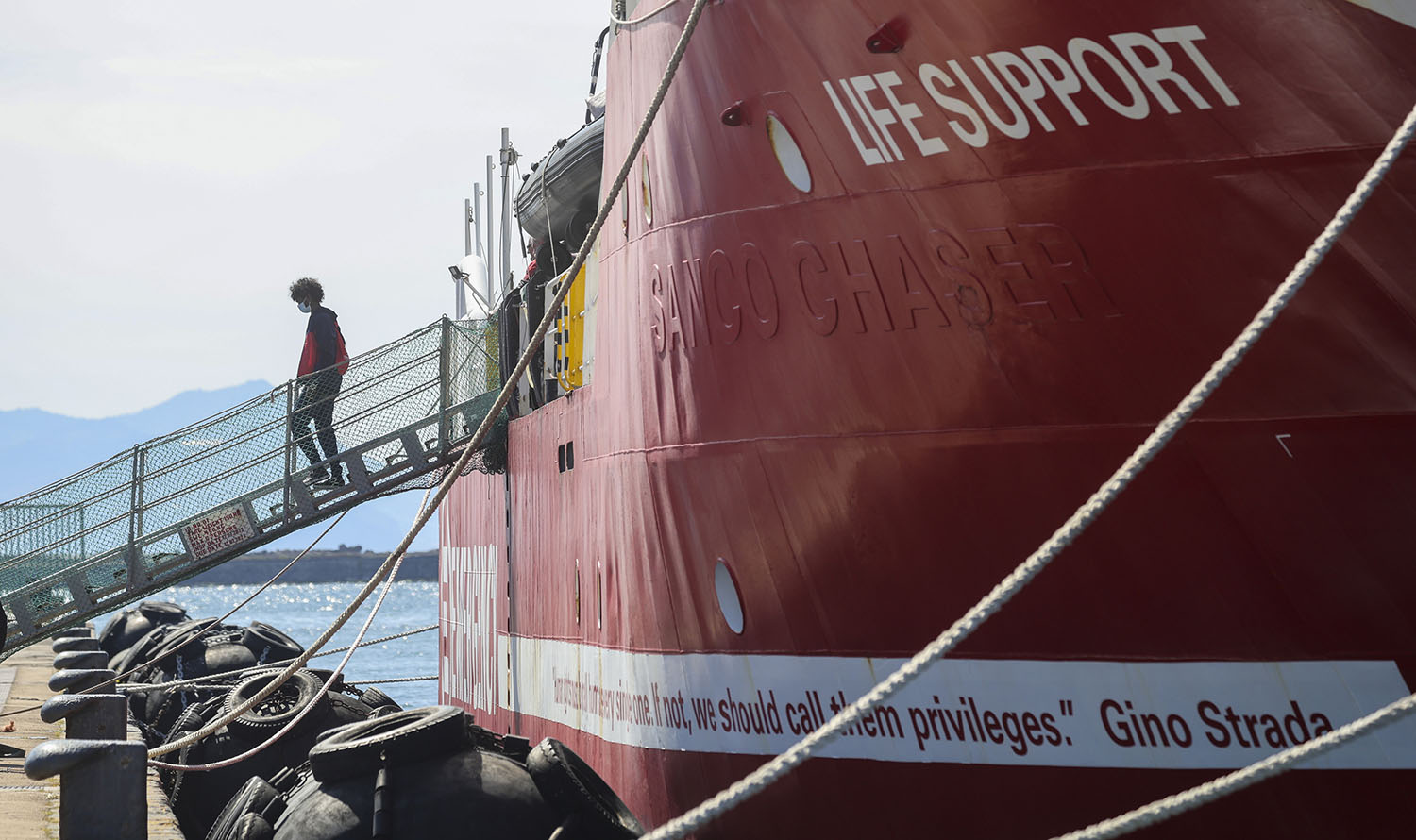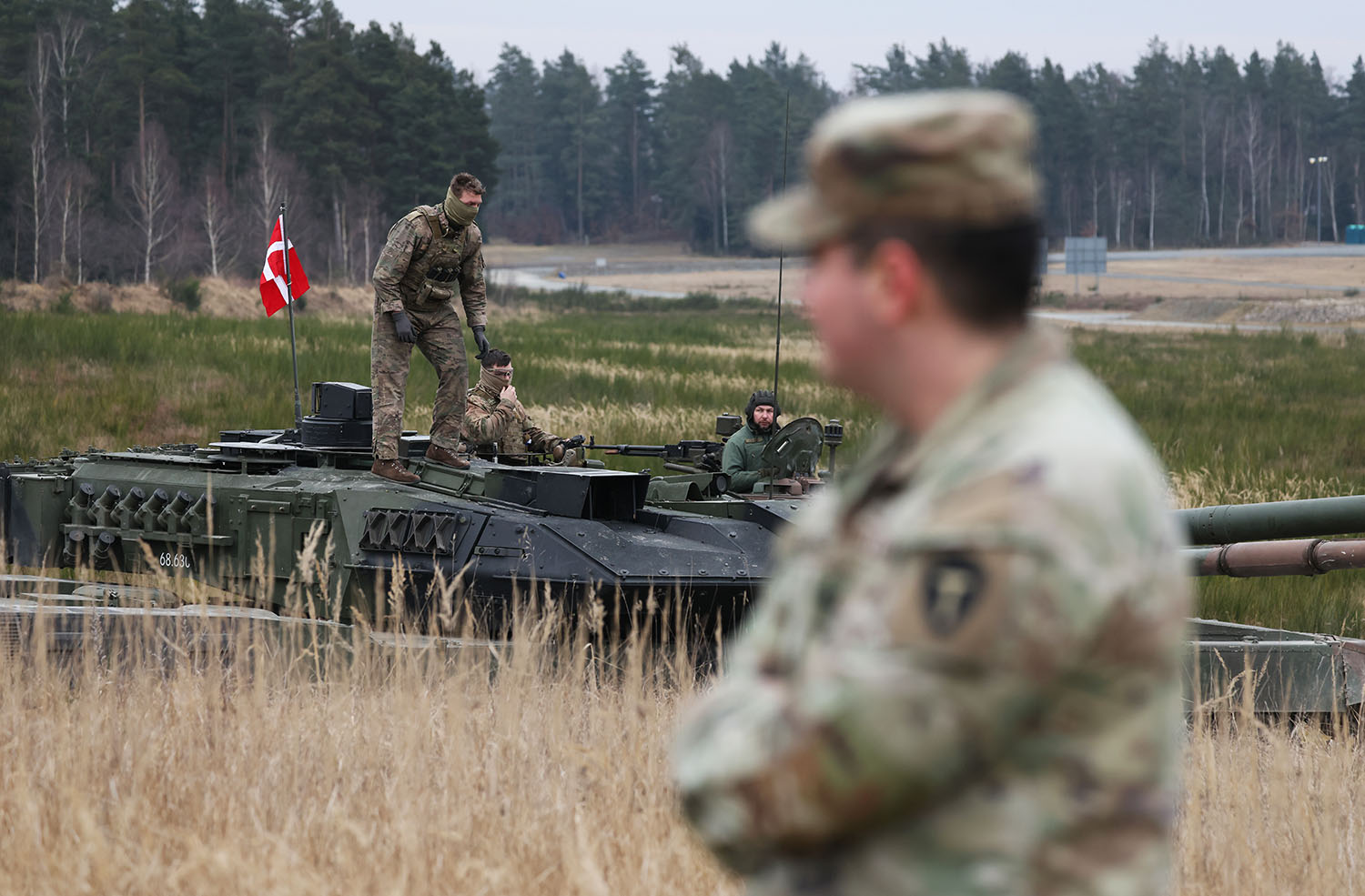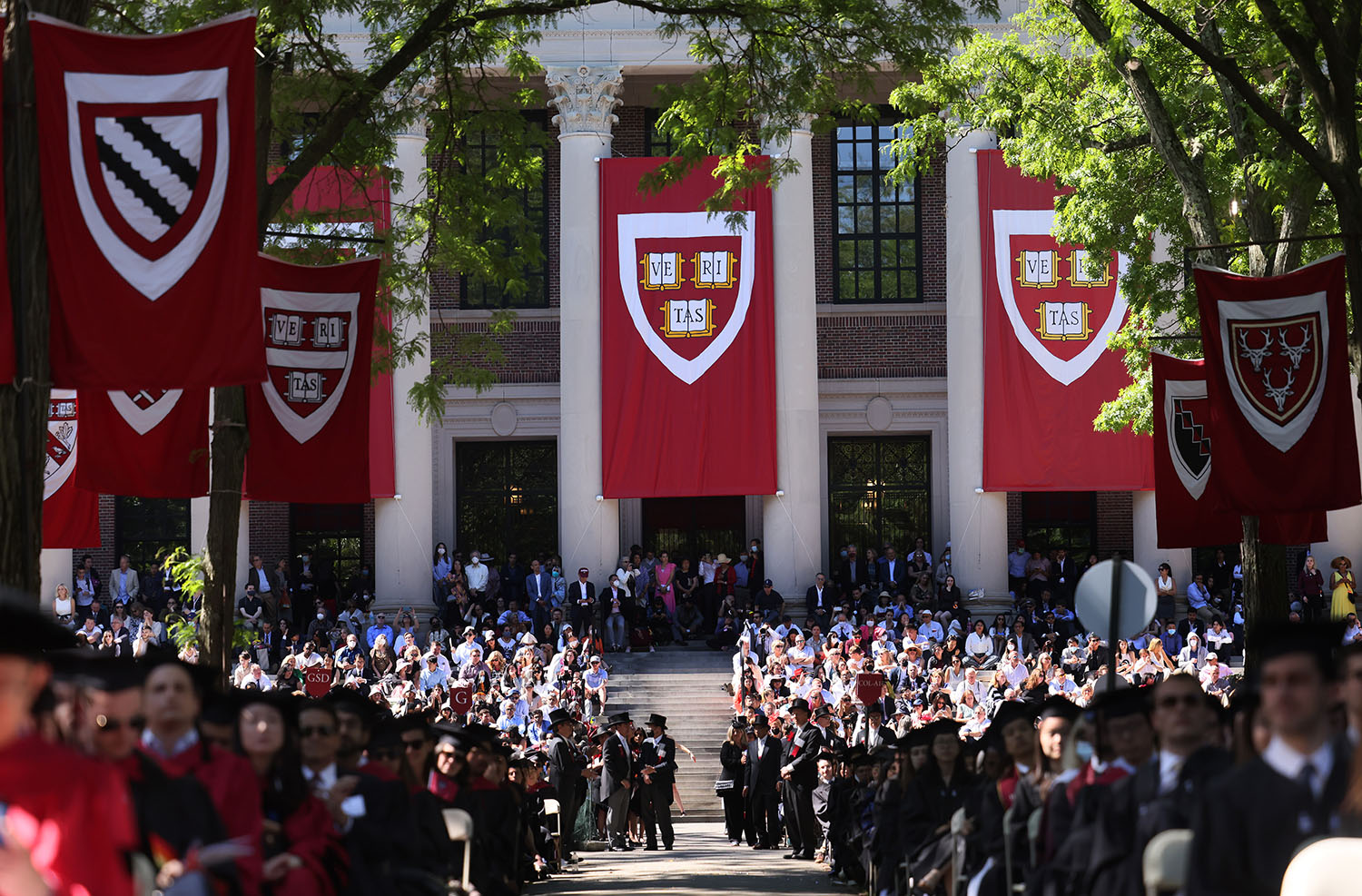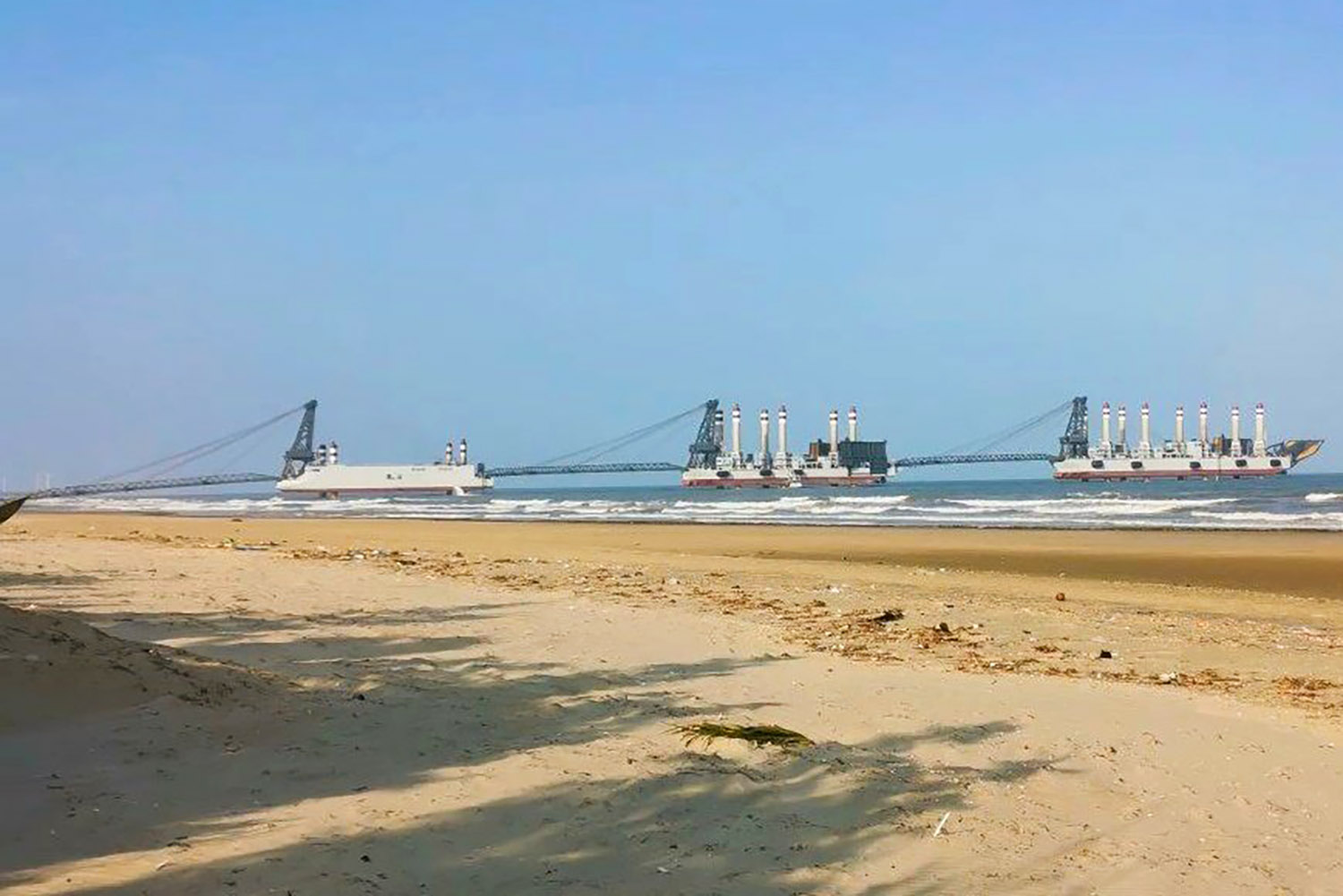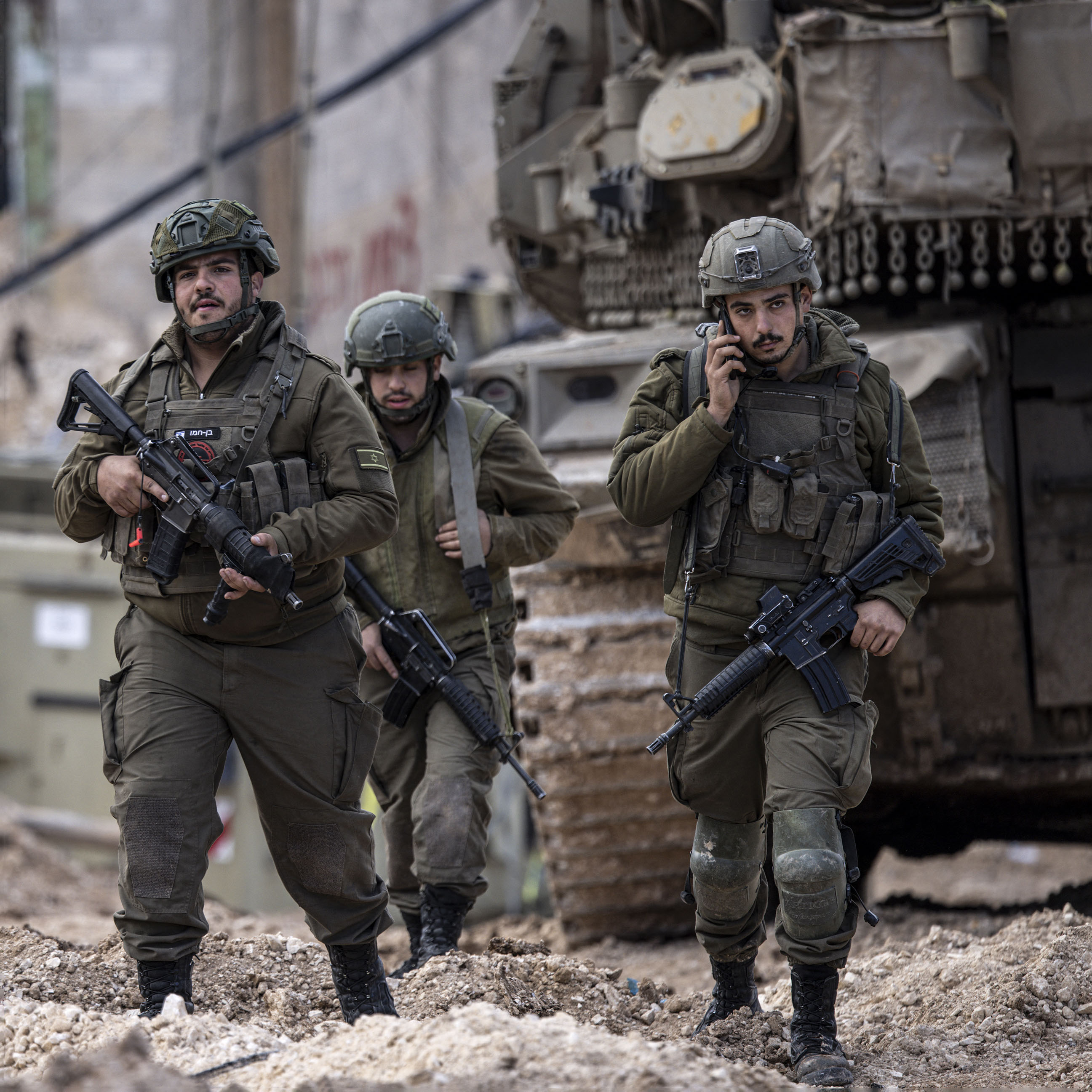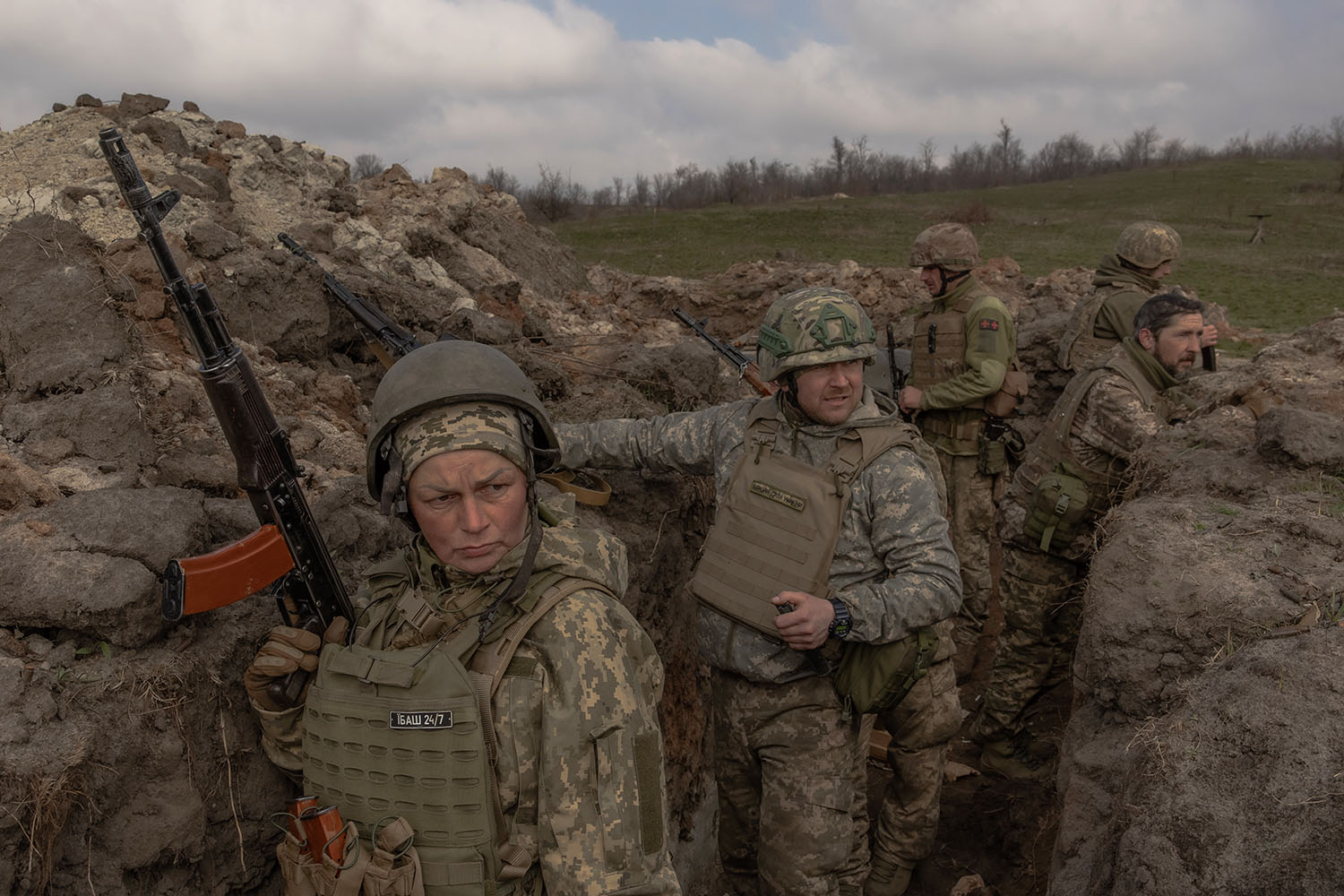
After a two-hour call between the US and Russian presidents, two versions of what was said: according to the White House Donald Trump and Vladimir Putin agreed on a 30-day “energy and infrastructure ceasefire” and on technical negotiations for a maritime ceasefire in the Black Sea.
The Kremlin focused on Russia’s conditions: a halt to “forced mobilisation” in Ukraine and the arming of its forces.
For that, Putin agreed not to attack Ukraine’s energy infrastructure and announced a prisoner swap as well as the “goodwill” transfer of 23 wounded Ukrainian soldiers.
As for a “long term settlement”, Putin continues to insist on the “complete cessation of foreign military aid and the provision of intelligence information to Kyiv” and on eliminating what he calls the “root causes” of the conflict.
Trump and Putin agreed to continue talking between themselves about a Ukraine deal and discussed future US-Russia ice hockey fixtures.
In Berlin, meanwhile, history was being made. Friedrich Merz, the next German chancellor, secured approval in the Bundestag for a €500 billion fund to ensure national and European security in the face of Putin’s “war of aggression against Europe”.
Merz referred to a long list of suspected Russian acts of sabotage, including attacks on critical infrastructure, arson attacks, spying and disinformation campaigns “taking place every day” against Germany, as well as “attempts to divide and marginalise the European Union”.
He urged German parliamentarians to accept they were entering a new era in which the country had to be fully independent from the US.
Photo credit: ROMAN PILIPEY/AFP via Getty Images
